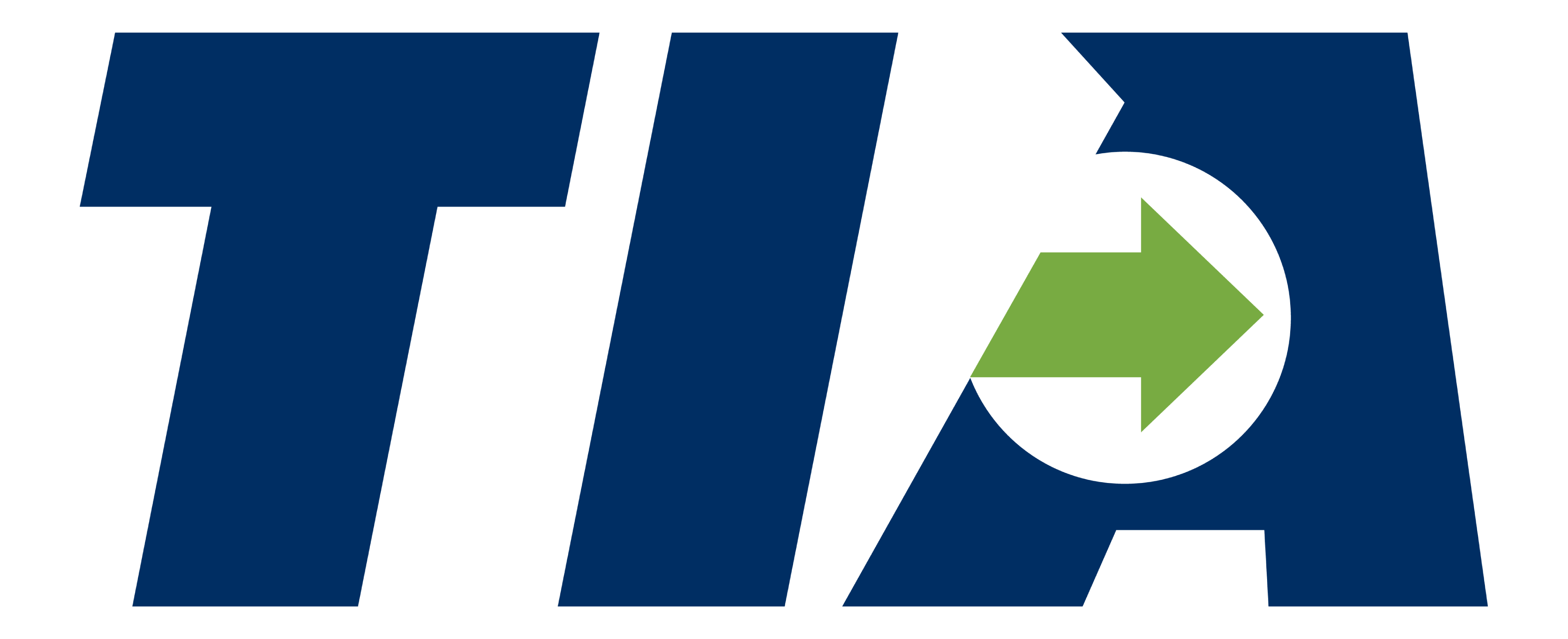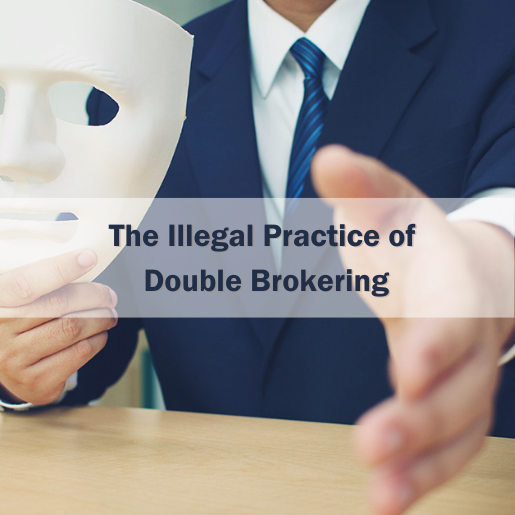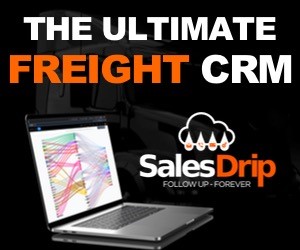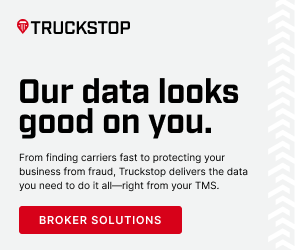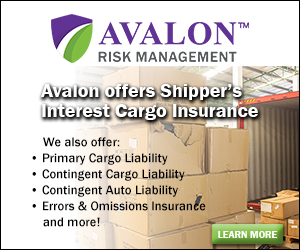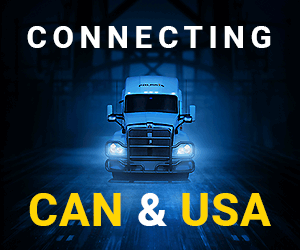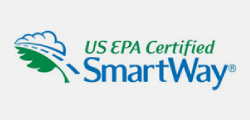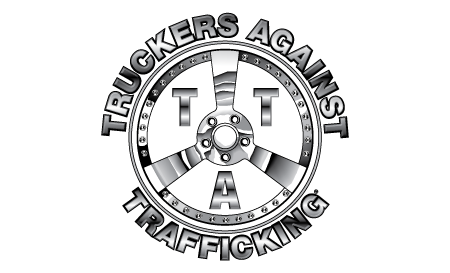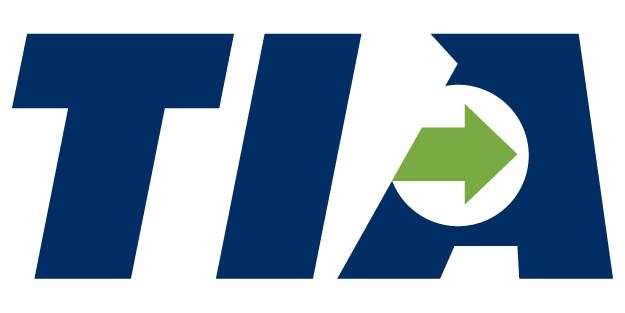Double Brokering occurs when a carrier accepts a load and then rebrokers it to another motor carrier. This is not a legal practice. Likely, the motor carrier that rebrokers the load is not authorized or in compliance with Federal Motor Carrier Safety Administration (FMCSA).
There are many challenges when this practice occurs. For example, it is easy for fraud to be committed. The motor carrier initially hired can keep the payment and leave the second motor carrier on the hook for shipping expenses.
The broker of the load does not know who is hauling the load. The carrier hired to move the load could be vetted to the broker’s standards but then gives the load to his friend, and that motor carrier might not have the proper authority or safety rating to move the load. This puts the broker and the shipper at significant risk of any liability, loss, or claim that could occur through the actions of an unqualified motor carrier.
Double brokering is frowned upon by shippers and brokers due to the hazards of this practice. Transportation agreements often do not allow double brokering or re-brokering. Frequently, the trucker transporting the freight has little or no communication with the original broker, and the trucker must fight to be paid if they are paid.
It is said that double brokering scams are costing our industry over $100M annually.
MAP-21 laws (which were passed in 2012 and implemented in 2016) say that if you broker a load and do not have authority with the FMCSA, you are subject to a fine of $10,000. At this time, the FMCSA has not enforced this section of the regulation.
Insurance Implications
Unfortunately, accidents happen, and when double brokering occurs, insurance matters get complicated. Here is a claim example showing the complexities. A load was initially picked up on May 2, 2022, in Vernon, CA, and intended to be delivered in Lansing, MI, on May 7, 2022. This load was booked with Motor carrier A on May 2, 2022, who then brokered the freight to Motor carrier B. Motor Carrier A does not have brokerage authority. Motor Carrier B then brokered the load out to Motor carrier C. Motor carrier C added an extra pickup and stop to this shipment. The initial load was supposed to only have bedding and comforters. However, Motor Carrier C added pallets of rice cakes to the load. Per the original Broker, the rate confirmations were exclusive use.
While Motor Carrier C was in transit and in possession of the goods, he was rear-ended by another tractor-trailer. The accident resulted in a trailer fire and a fatality. The truck and trailer were towed to a tow yard in Winslow, AZ, where the trailer and product sat for months. Motor carrier C did not have the proceeds to pay for the tow bill and would not help salvage the product. Motor carrier C’s insurance adjuster sent out an inspector who said the product was not damaged. Luckily, the Broker found a secondary market to salvage the comforters for $6,552.00 and was able to offset some of the linehaul amounts. The total amount owed was $11,068.00. Motor Carrier A and Motor Carrier B will not cooperate.
Best Practices
There are things you can do to prevent this from happening:
- Always correctly vet the carrier.
- Your onboarding process should have a way to weed out any illegitimate companies.
- Have open lines of communication with your carriers. Relationships with the carriers you work with are so important.
- If your company finds itself in a situation where double brokering has occurred, report the offender immediately to the FMCSA National Complaint Database and the TIA (Transportation Intermediaries Association) Watchdog Report.
The claim example mentioned above illustrates the importance of reporting the bad actors and staying diligent in the motor carrier selection and vetting processes. Do not hesitate to contact Jodie Maher, Account Executive with Avalon Risk Management if you have any questions or would like to review your insurance coverages.
